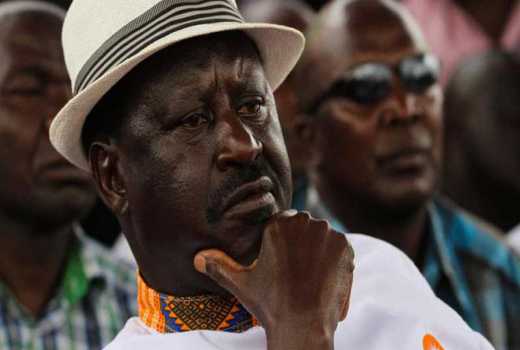×
The Standard e-Paper
Stay Informed, Even Offline

What began as a demand by the Coalition for Reforms and Democracy (CORD) for the resignation of commissioners at the Independent Electoral and Boundaries Commission (IEBC) in April 2016 has snowballed to the greatest political and constitutional crisis Kenya has ever seen.
With just hours to the planned ‘swearing in’ of NASA leader Raila Odinga as ‘president’ we go down memory lane to show you how weekly street protests two years ago have led the country to a make or break moment.